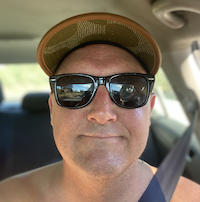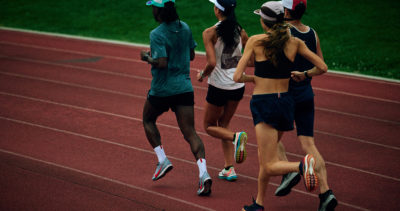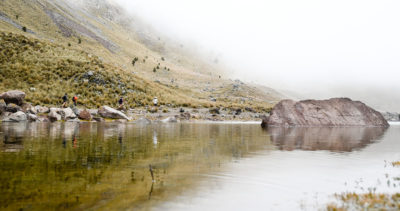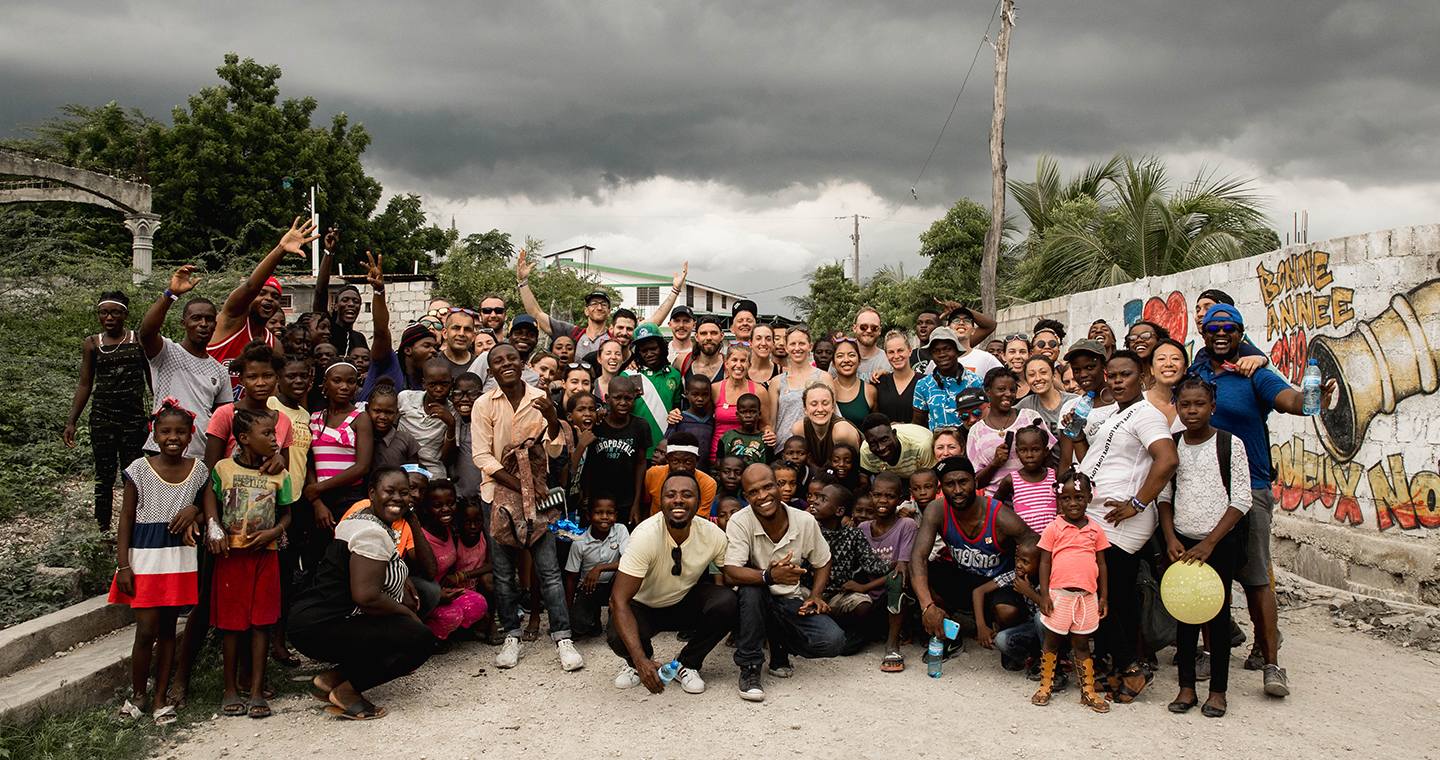
(re)building the nest
(re)building the nest
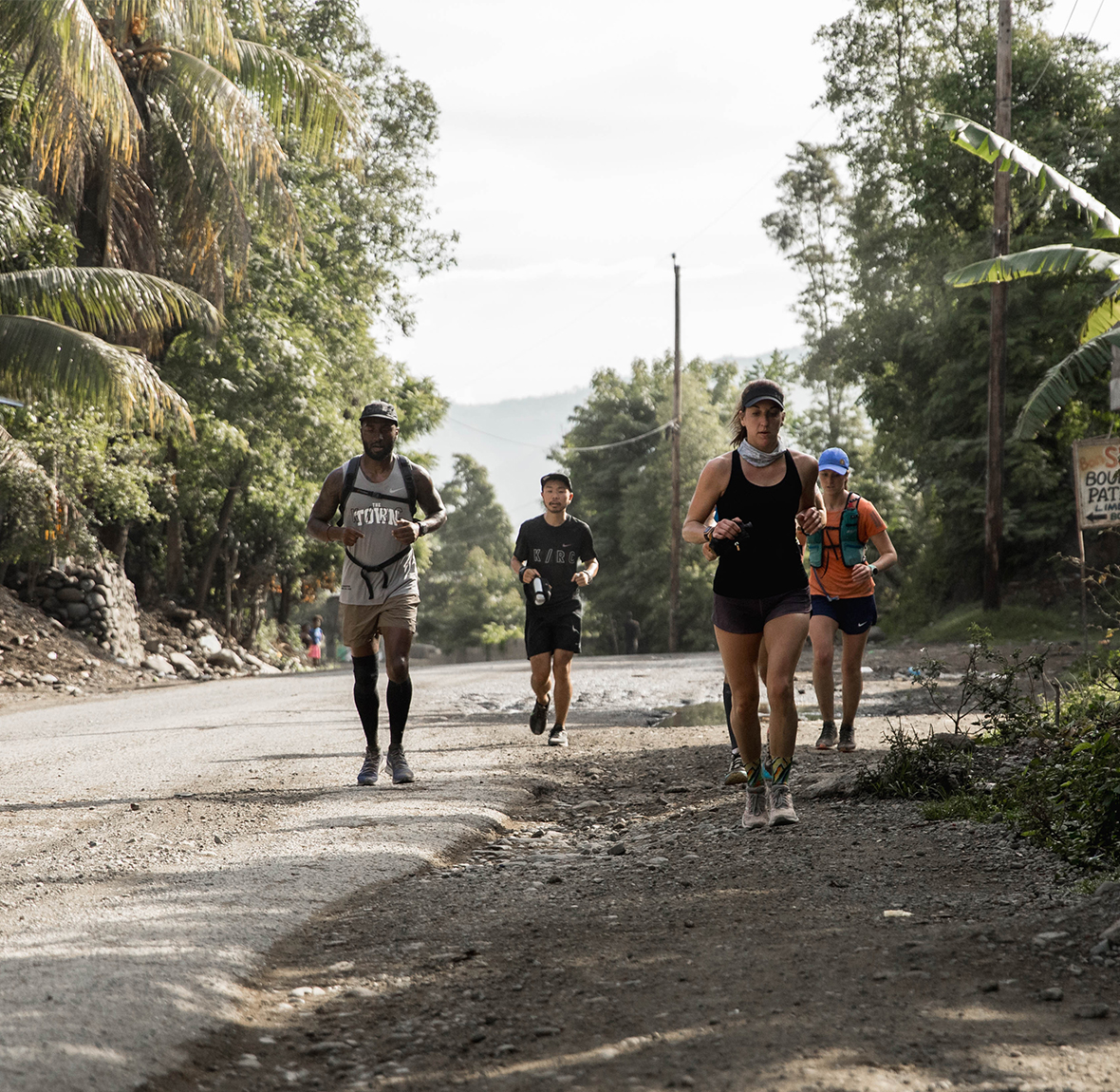
words x
mike berard
What do you know about Haiti? Having never been there, most humans recall it as the country devastated by a 2010 earthquake that cracked its knuckles and shook the island to its foundations. Thanks to mainstream television coverage, this is what the uninitiated know. However, running through the Caribbean environs of Haiti is mostly a journey through the senses, punctuated with pleasure. Rugged mountains and dynamic ocean air. The cacophony of the city and the peace of the rural areas. The scent of oranges, bananas, pineapples, sugarcane, coffee, and cacao. Rich avian life and an even richer human tapestry throughout roadside towns. Wild pigs. Oxen. Smiling humans everywhere. The people and lush beauty behind the television façade. In L.A. and Port Au Prince, the collective that goes by the name WORK is inviting long distance runners to witness Haiti in all its glory, by putting one foot in front of another for 320 kilometres over eight days.
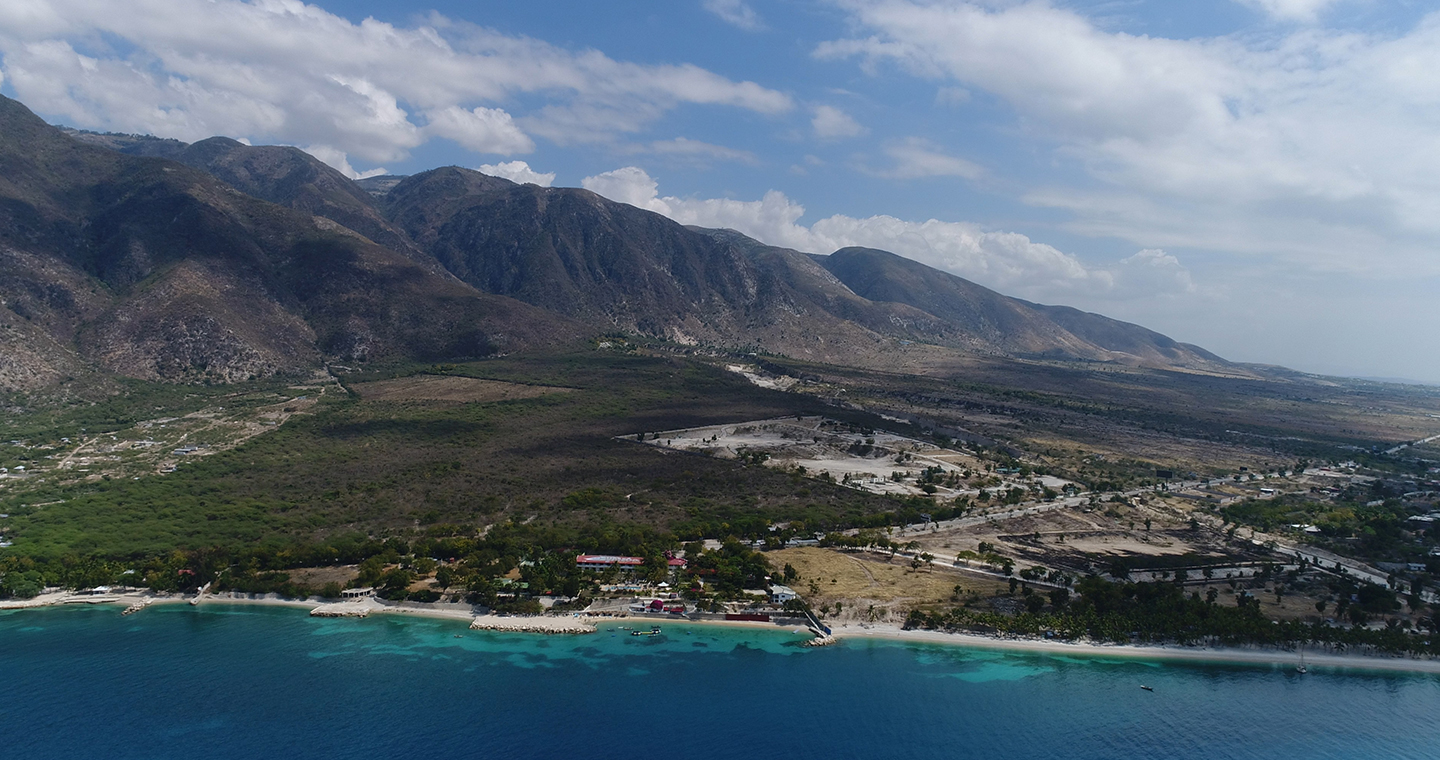
Vivien Luk is the executive director of WORK, a non-profit that help accompany families in Haiti out of poverty and into dignified jobs.
the central idea focuses on the fact that an individual’s path in life shouldn’t solely be dictated by where they were born.
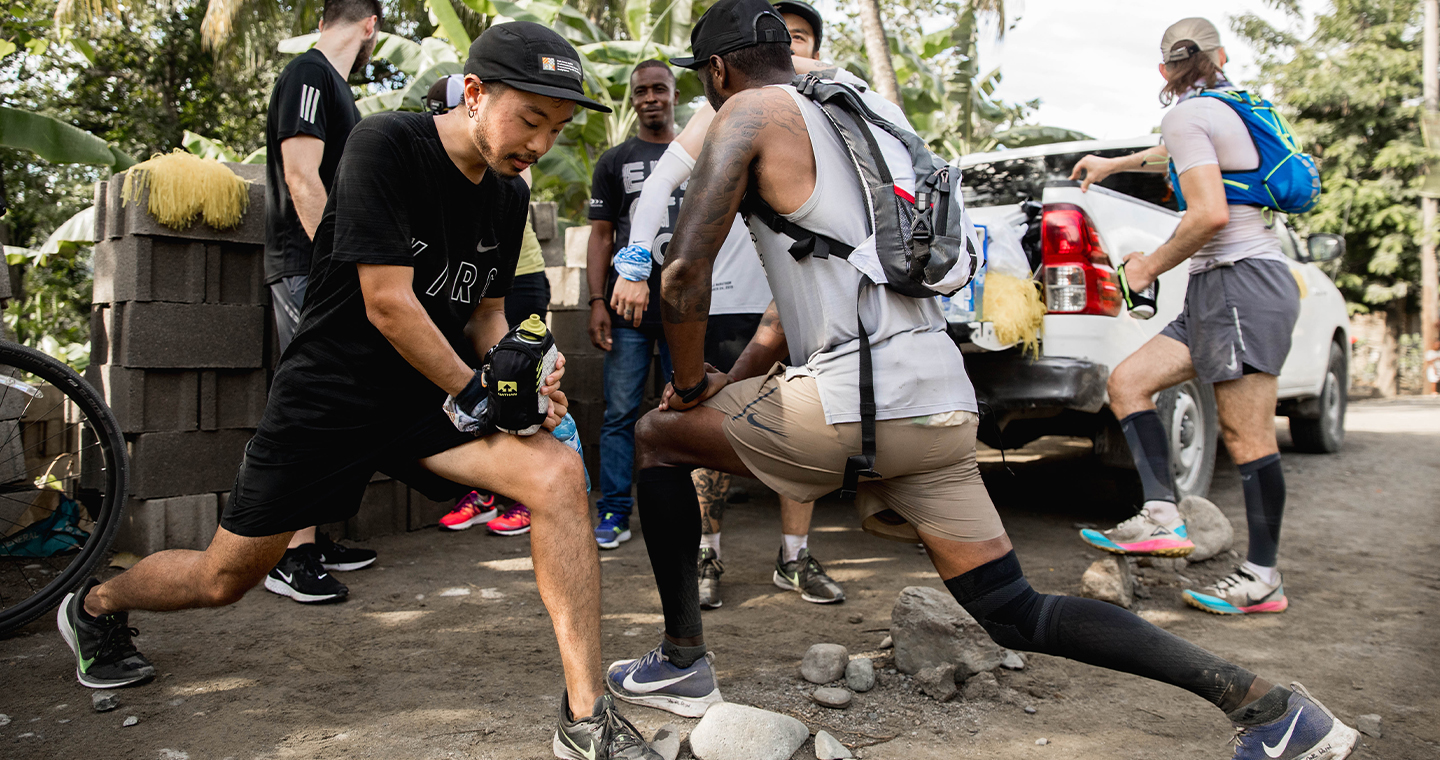
To date, the organization has assisted over 400 family members, mostly around the small town of Menelas in Port au Prince, along with over 1,200 informal waste collectors across the nation. The project has become a success, and the organization decided they had a non-profit business model that could go the distance. “We started expanding and began working in the adjacent community, which is a giant open landfill. We realized that there are many more landfill communities across the country that can use our support.”
In 2014, a competitive runner and friend of the organization contacted WORK. Chris Murrer was about to compete in the 4 Desert Race in Jordan and wanted to donate the charitable proceeds he would raise to WORK. In the end, his run earned $55,000 for the organization.
Many other WORK supporters soon reached out, says Luk, “They were like “Hey, it’s cool you guys did that. I’m also a runner and would love to join next year.” But they also had a question as to why he ran in Jordan. Why not Haiti?”
“We took a little bit of time to reflect on that, and we realized it was a fair question.” Says Luk.
In 2014, a competitive runner and friend of the organization contacted WORK. Chris Murrer was about to compete in the 4 Desert Race in Jordan and wanted to donate the charitable proceeds he would raise to WORK. In the end, his run earned $55,000 for the organization.
Many other WORK supporters soon reached out, says Luk, “They were like “Hey, it’s cool you guys did that. I’m also a runner and would love to join next year.” But they also had a question as to why he ran in Jordan. Why not Haiti?”
“We took a little bit of time to reflect on that, and we realized it was a fair question.” Says Luk.
“we thought we really ought to run through haiti to showcase the country.”
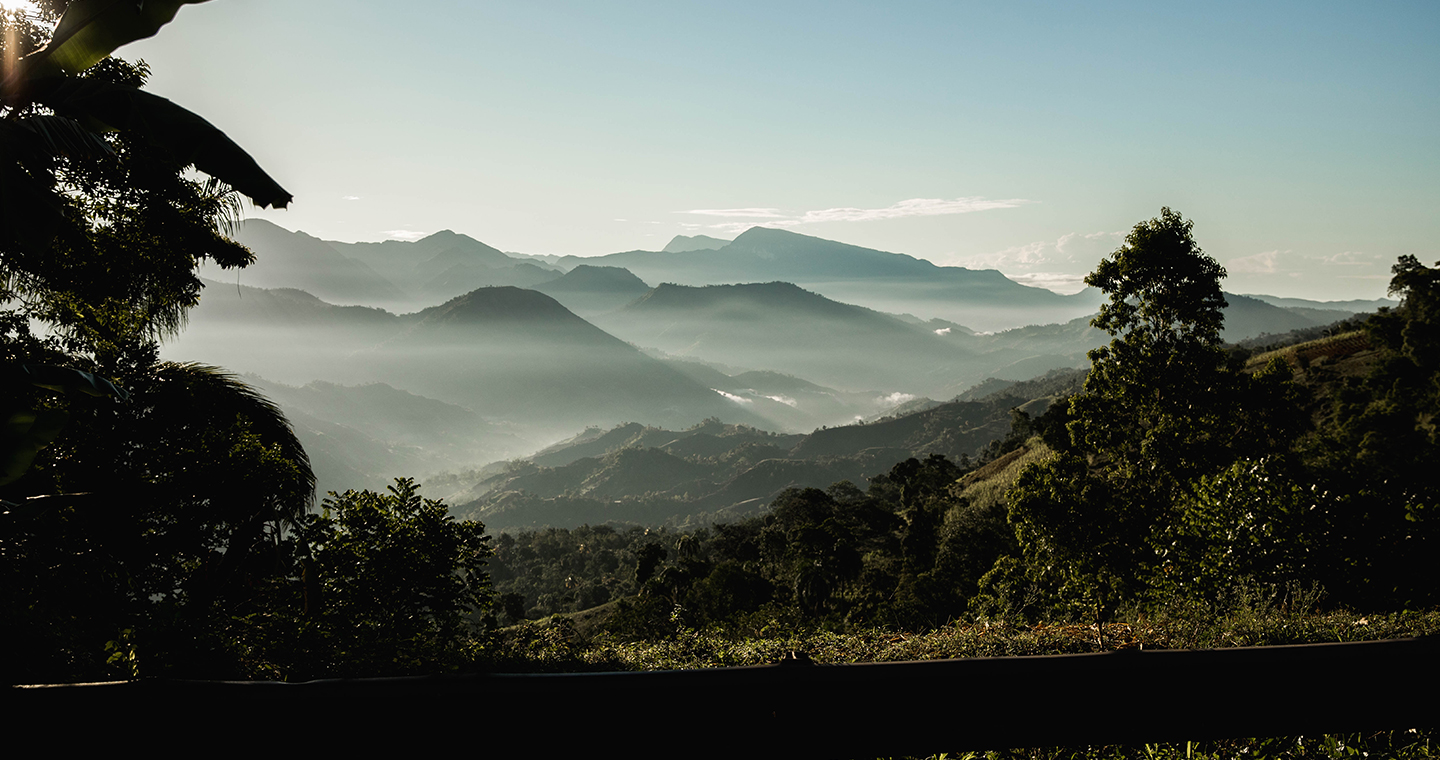
In 2015, the Run Across Haiti was born, with the main goal always to show Haiti as a place not to be feared or to be pitied. “We want to provide an opportunity for folks to build their own perspective” as Luk says. Running is a powerful way to see any landscape. It’s an even more powerful way to tap into a culture and understand it. WORK see first-hand—on foot—the challenges and obstacles, but most importantly, the beauty of Haiti. “At the time, most of the media had nothing but negative views about the country.” Says Luk. “We went to Google and mapped out a route, and gathered a group of seven friends.” The group ran 200-miles while a film crew documented. They raised $97,000. People noticed.
“It immediately began to get interest.” Says Luk. “Other folks wanted to join.”
“It immediately began to get interest.” Says Luk. “Other folks wanted to join.”
“over the five years since, we have been able to raise close to $1.5 million.”
Collectively, 80 runners have run across Haiti, and Luk and her team feel fortunate to share their country with fellow runners.
As 2020 brought about another natural disaster, the Run Across Haiti had to sit out the fun this year due to the pandemic. “The Run has always been amazing and has changed a lot of perspectives of what Haiti is for people who have not experienced it themselves.” Says Luk. “We didn’t want to stop that.” So, last May, they team created an experience for runners to learn about Haiti while still running the distance; Run Across Haiti pivoted to a new virtual format: the Run Across May.
“There are tons of runners globally who are running to support this specific community.” Says Luk. “As we head into the Run Across May we have runners from all over the world joining us in support of our community of Menelas.”
“There are tons of runners globally who are running to support this specific community.” Says Luk. “As we head into the Run Across May we have runners from all over the world joining us in support of our community of Menelas.”
Runners supported the cause by running 200 miles in May, knowing the kids and families in Haiti are doing the same thing. Christopher Charles, coach of the Menelas Run Club, believes the initiative has been nothing but positive. “It’s impacting our kids’ lives on a social aspect, where they get to spend some quality time together.” Says Charles. “It also has a positive impact on the community because the people feel like life is getting back to normal despite political unrest. The impact on our families is positive because they get the chance to exercise twice a month which is beneficial for their health.”
“piti, piti, wazo fe nich li.”
It’s a Haitian proverb. Translated, it means “Little by little, the bird builds its nest.” It serves as a guiding light for WORK. Every step across Haiti. Every family served is presented with an opportunity to work their way out of poverty forever. Little by little, rebuilding the foundation—and the image—of a small nation that deserves to be seen in the stunning Caribbean light that shines on it.
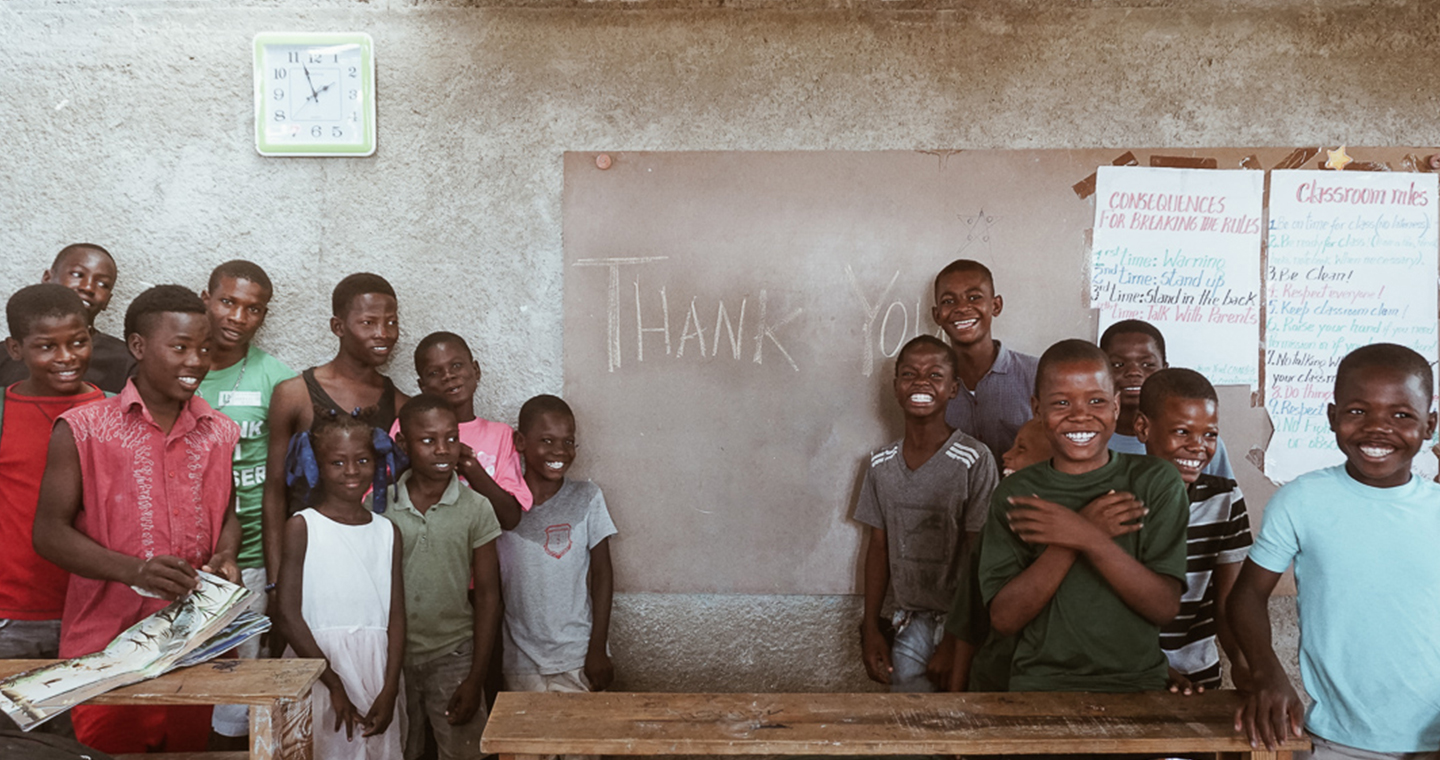
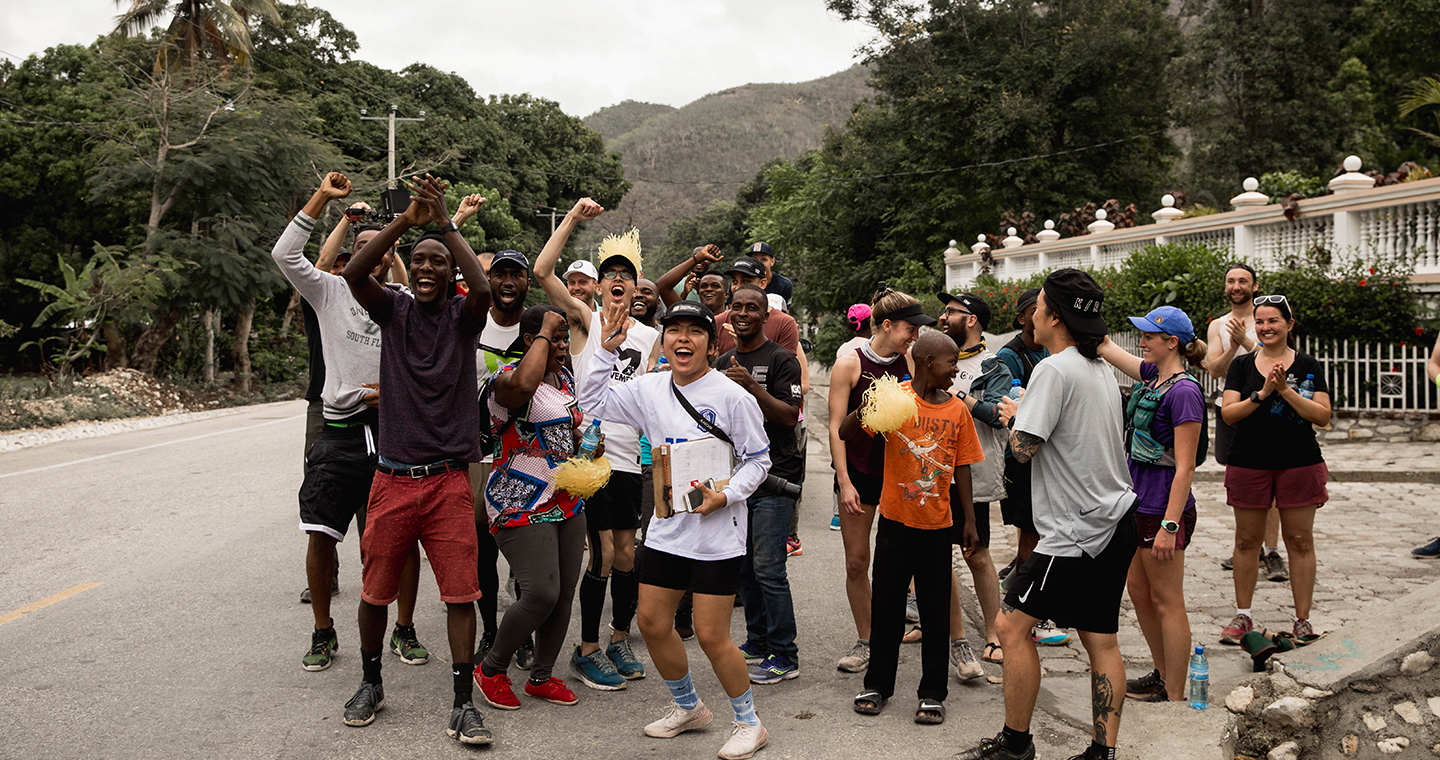
more articles


